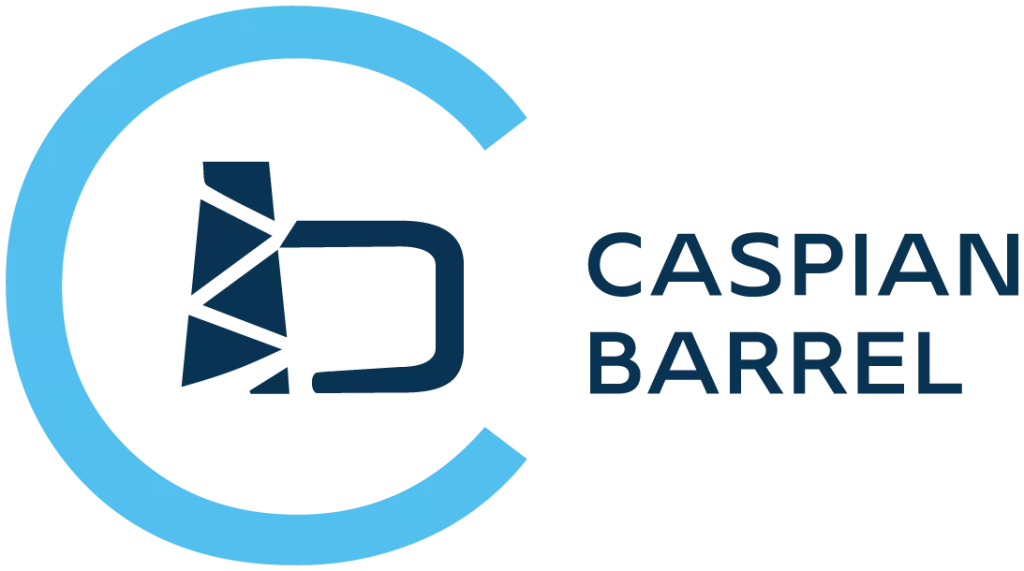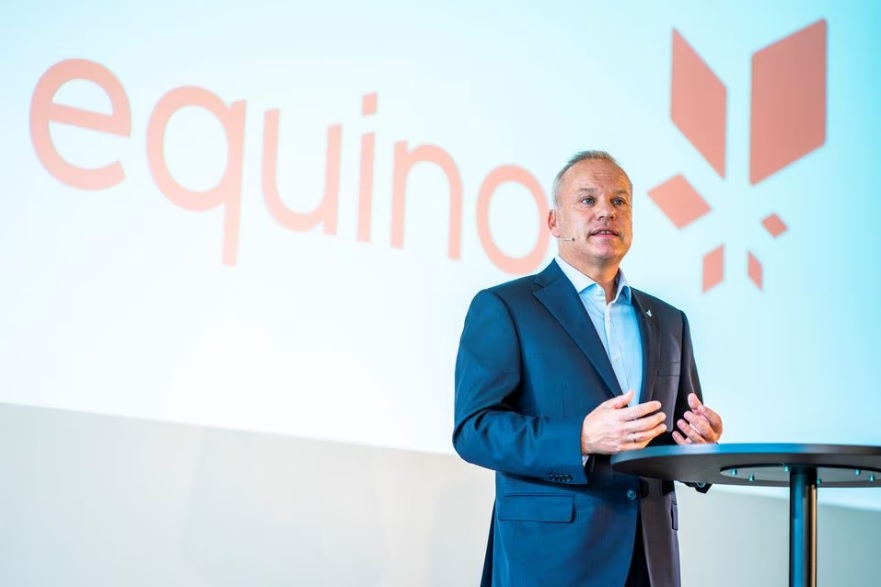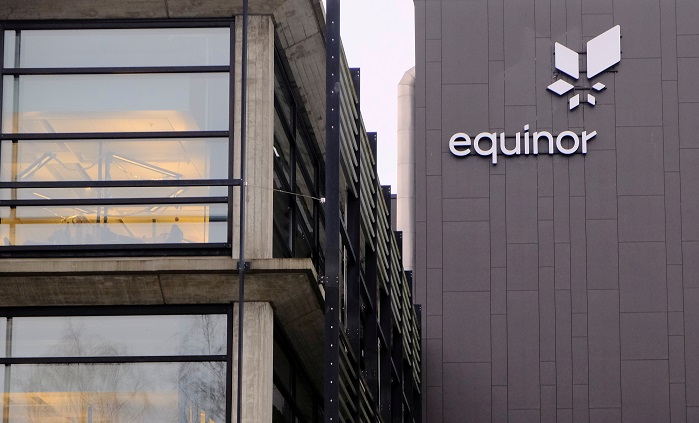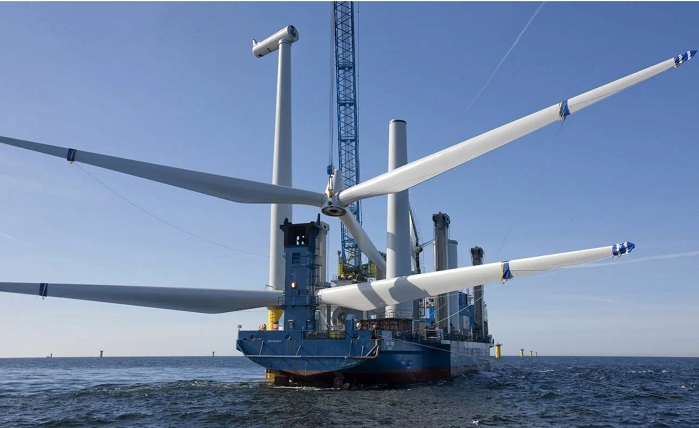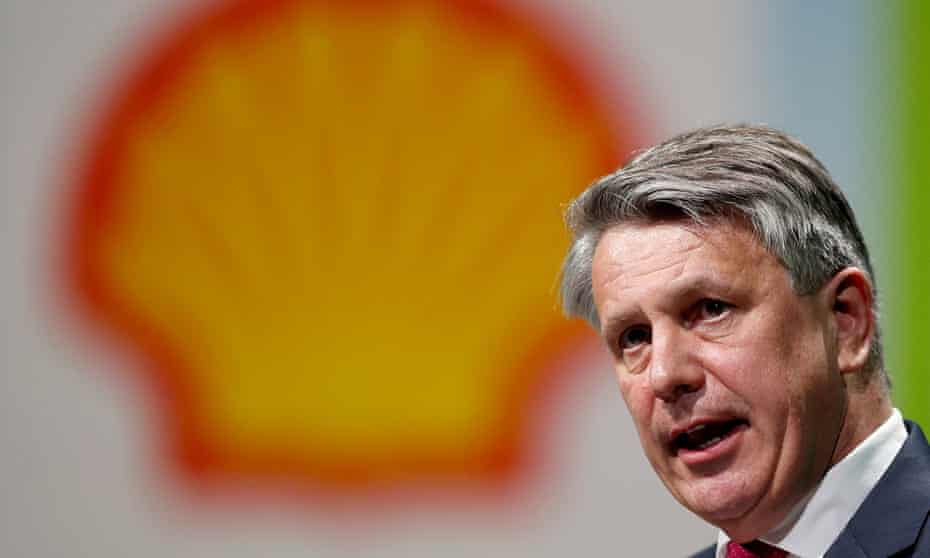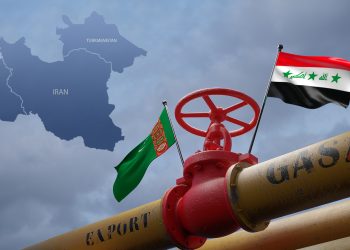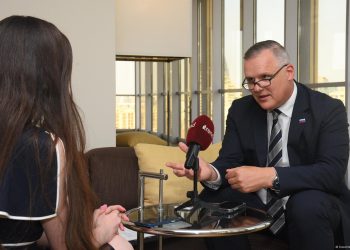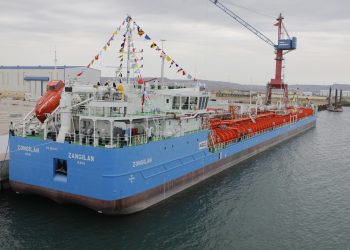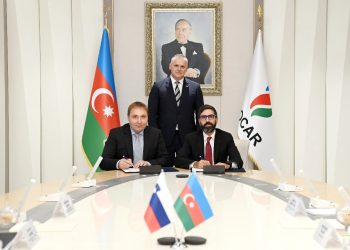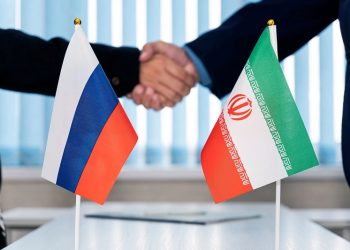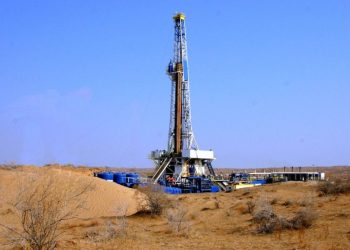Europe will struggle over the next two winters to replace Russian natural gas supplies as China’s appetite for the fuel recovers, the chief executive of Norwegian energy giant Equinor told Reuters on Tuesday.
Equinor became Europe’s top natural gas supplier last year after exports from Russia were mostly choked off following Moscow’s invasion of Ukraine. The company increased gas output by around 8% in 2022 to supply the continent, Anders Opedal said.
Europe cut demand, increased domestic output and imported liquefied natural gas (LNG) at huge cost in response to the drop in Russian gas supplies, which accounted for around half of the region’s supply in 2021.
A relatively mild winter helped maintain gas reserves at comfortable levels.
“Trying to replace 150 billion cubic metres of (Russian) gas is a massive task. I’m impressed by how Europe coped with the situation,” he said.
Going forward, Europe will continue to find it difficult to secure supplies due to a revival in LNG demand from China after it scrapped COVID restrictions late last year, Opedal said.
“The same uncertainty we had before this winter will repeat itself in 2024. And probably also 2025. It’s only in 2026-2027 that we see new meaningful new energy supplies from the U.S. and Qatar.”
Competition from Asia for LNG supplies means European demand will depend not just of its own weather conditions but also those in Asia.
“The weather in Asia can set the gas price in Europe,” Opedal said.
Equinor produced over 2 million barrels of oil equivalent of oil and gas in 2022, when it reported a record adjusted operating profit of $75 billion on the back of soaring oil and gas prices. It aims to maintain stable oil and gas production until 2030 and supply Europe with at least 40 bcm of gas to Europe every year over the same period, Opedal said.
Equinor plans to drill 25 exploration wells this year in the Norwegian North Sea to find new resources and reverse the natural depletion of oil and gas fields.
It will also decide in spring whether to green-light the $5 billion development of a major oilfield in the British North Sea, Rosebank, Opedal added.
Last week Equinor agreed to acquire the British oil and gas business of Canada’s Suncor Energy (SU.TO) for $850 million, giving it a 29.9% stake in the Buzzard oilfield as well as an additional 40% stake in the Rosebank project.
Equinor operates the Johan Sverdrup oilfield, the largest in the North Sea with a production capacity of 720,000 barrels per day (bpd). The field suffered an outage last month due to a technical fault in a cooling system.
Opedal, who joined Equinor in 1997 and became CEO in 2020, also said the global oil market remains vulnerable due to a limited amount of spare production capacity after years of underinvestment.
